Supply threat to housing future fund pledge
Australia’s peak housing body has warned that a failure to increase supply, slash red tape and address labour shortages and supply chain pressures pose the greatest threat to cheaper rents.
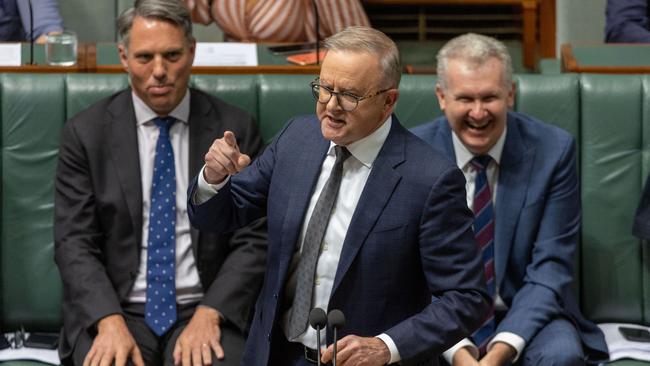
Australia’s peak housing body has warned that a failure to increase supply, slash red tape and address labour shortages and supply chain pressures pose the greatest threat to cheaper rents and Prime Minister Anthony Albanese’s pledge to build one million homes.
Amid a political battle over the federal government’s $10bn Housing Australia Future Fund, the Housing Industry Association said the focus on 30,000 affordable homes should not distract from the problem of a looming crash in new housing starts.
The warning came as incoming CFMEU national secretary Zach Smith urged the government to “increase its commitment or risk the fund’s failure”.
HIA policy and industry deputy director Jocelyn Martin said the housing body supported “the government’s goal to build 30,000 social houses and believes it’s a worthy goal to get behind”.
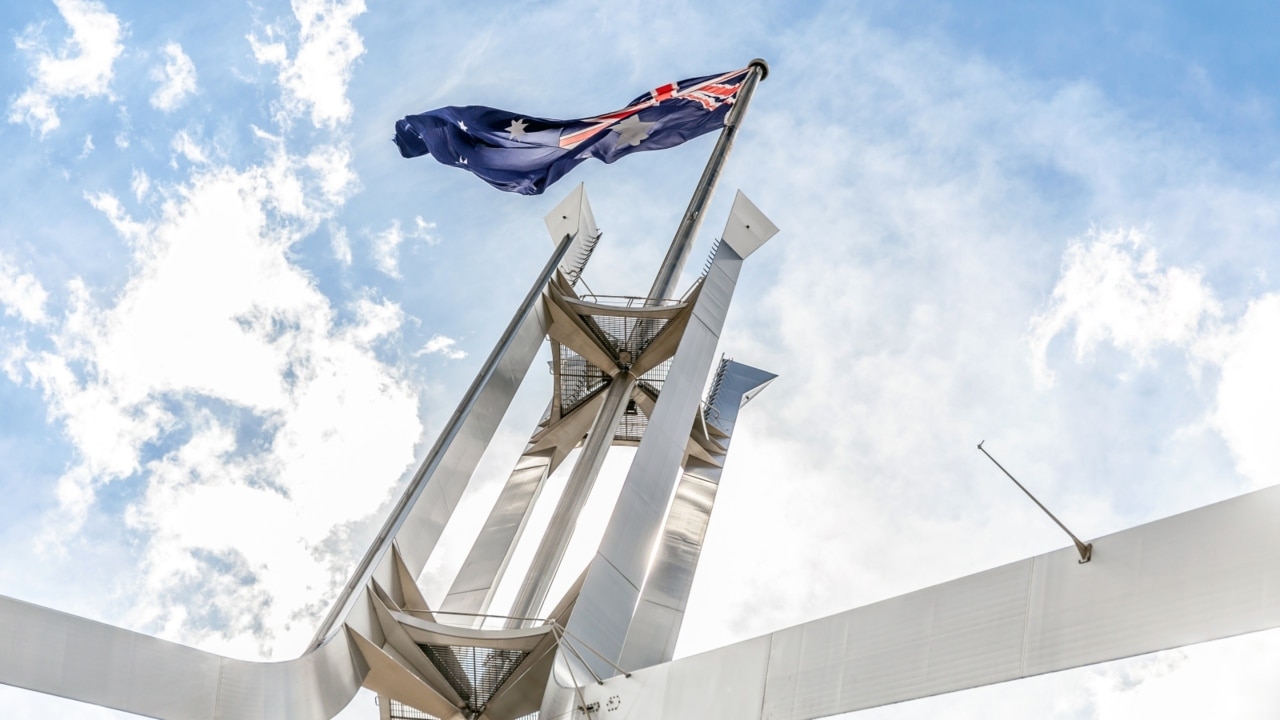
“But supply of housing in the private sector is … crucial to ensuring enough social housing in Australia is created (and) built by the private market. Supply in the private sector is crucial to driving down rents,” she said. “More supply means cheaper rents. Cheaper rents mean that people can save for their own home.”
Home sales figures released by the HIA show supply is faltering, with a downturn in sales recorded over recent months.
Ms Martin said “land supply, tax, red tape, labour shortages, and supply chain problems have all contributed to this downturn”.
“(They) affect all parts of the housing system in Australia
“The target of one million privately built homes is a good target, and while it will be hard to achieve in this climate, it is not impossible if focus on the problems hindering supply is kept at the forefront of government policy.”
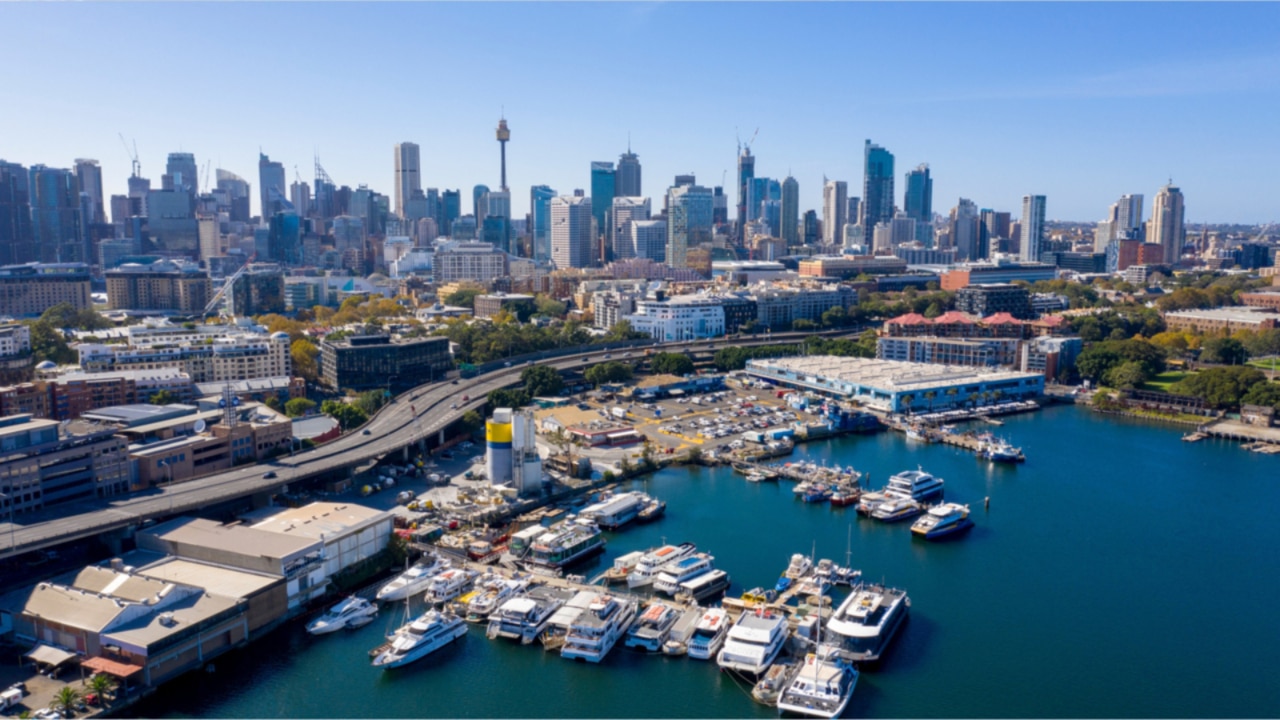
Industry Super Australia on Tuesday urged the Senate to back the HAFF, which has been attacked by the Greens, independent ACT senator David Pocock and the Jacqui Lambie Network.
ISA declared it “strongly supports” the housing future fund and said it had never suggested that “capital being placed in the HAFF is $10bn short of what is required”.
“Rather, the HAFF income streams will need to attract an estimated $10bn in capital from private investors in order to construct 40,000 social and affordable dwellings,” the ISA said.
“When it comes to investing in any projects, industry super funds’ approach is always with the best financial interests of members foremost and the HAFF is no different.
“The HAFF will enhance the capacity of super funds to invest in social and affordable housing while delivering returns to members.”
Mr Smith said the CFMEU was concerned “Australia is in the grips of one of the most serious housing crises in our history”, and “what’s on the table simply doesn’t cut it”.
He said the plan to spend $500m a year to build 30,000 affordable homes over five years was insufficient to deliver stronger outcomes for workers and social housing residents, with unmet demand for social and affordable housing estimated to be at 650,000 homes.
“Labor must be more ambitious on social housing,” he said. “The future fund proposal needs its funding to be dramatically increased if we’re going to go anywhere near meeting the skyrocketing need for housing.
“The government should be listening to the Senate crossbench.
“The government’s commitment simply isn’t enough.”


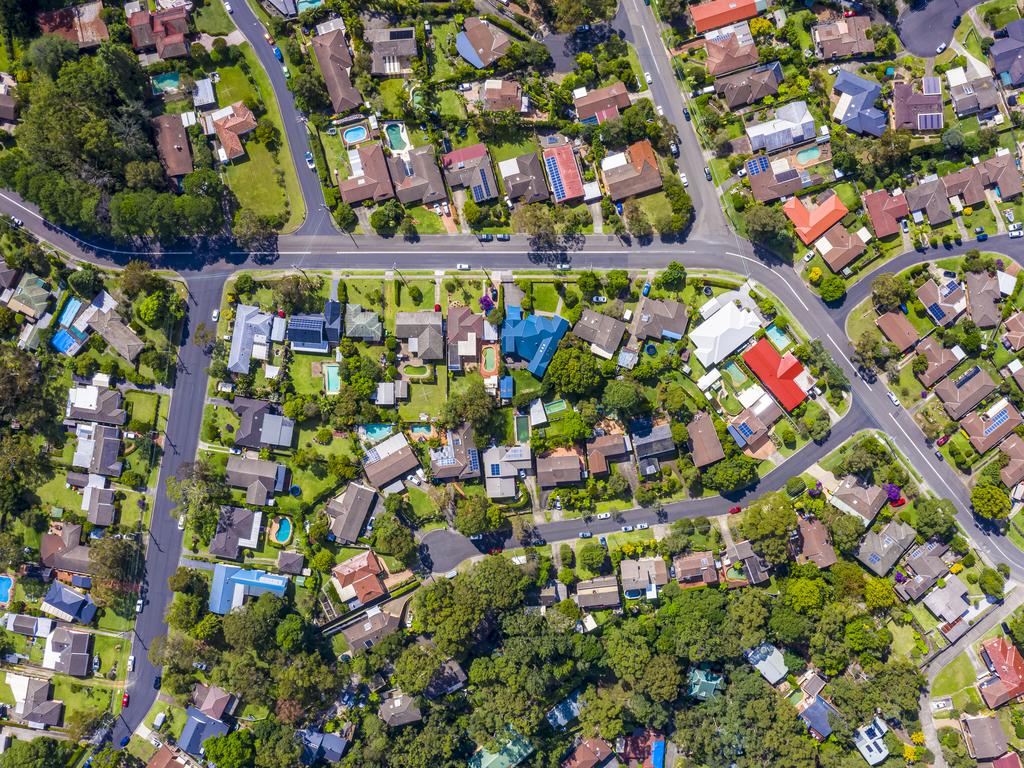



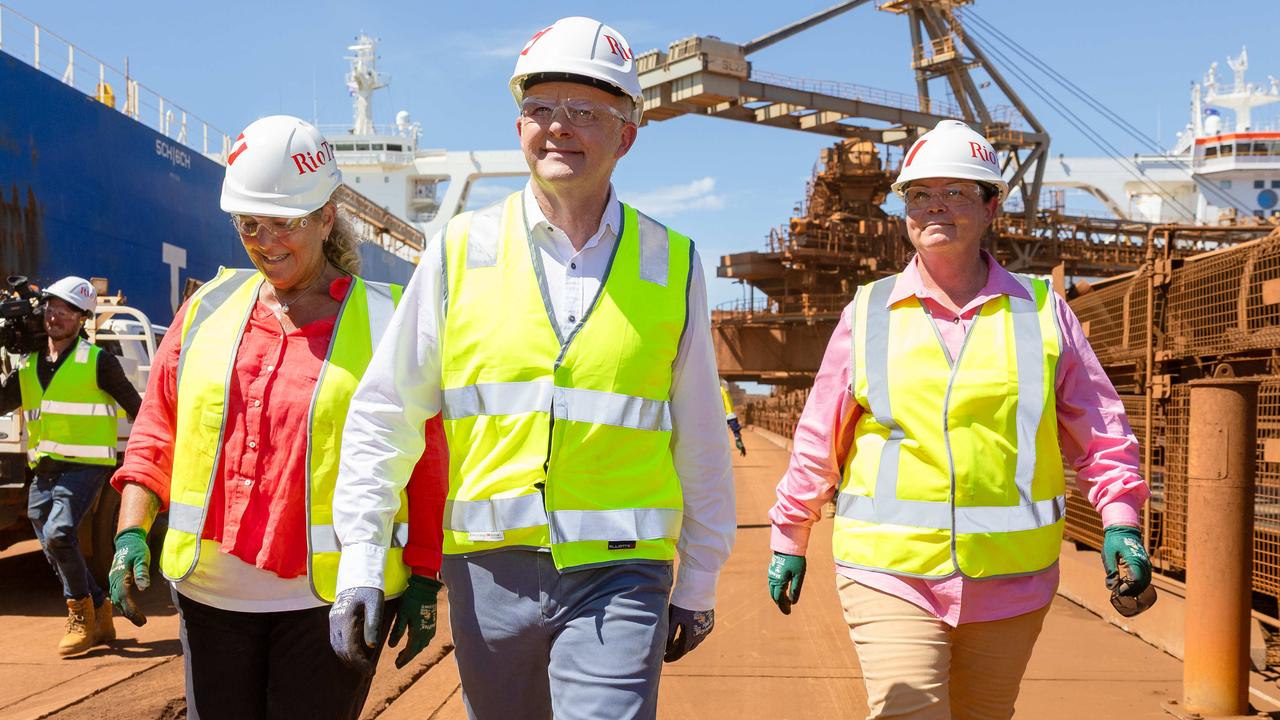
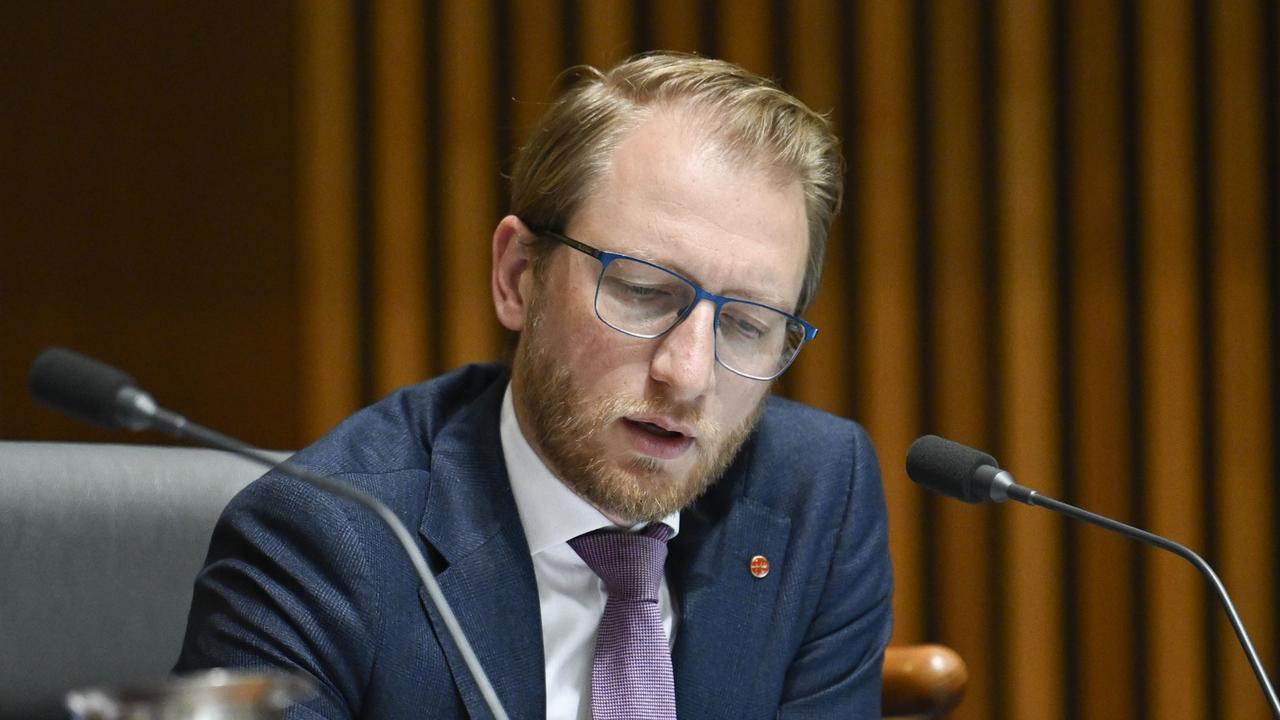
To join the conversation, please log in. Don't have an account? Register
Join the conversation, you are commenting as Logout